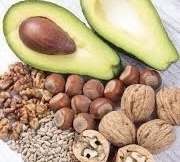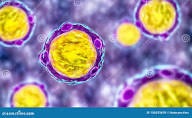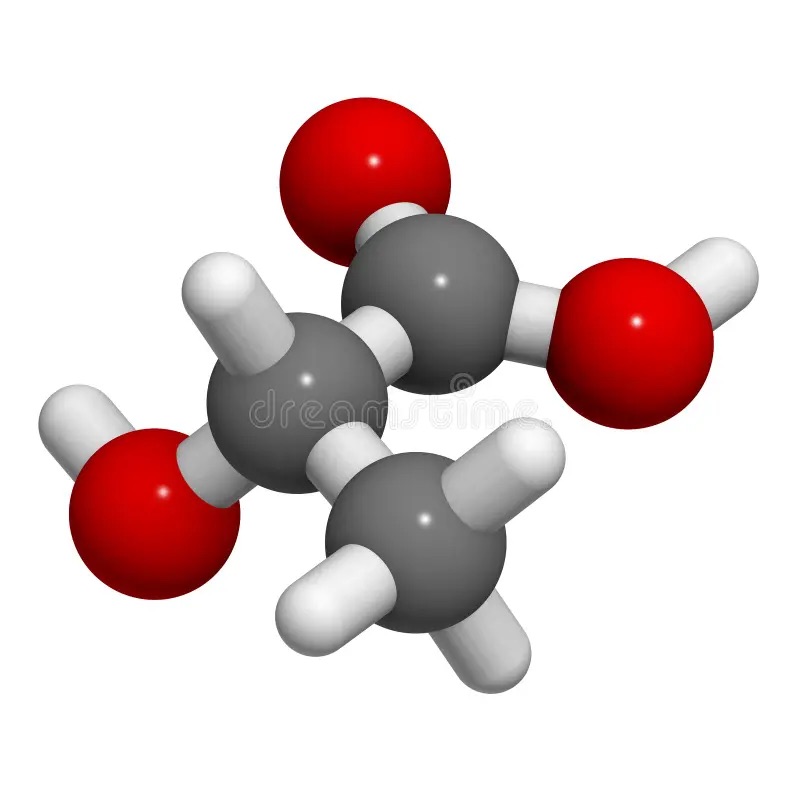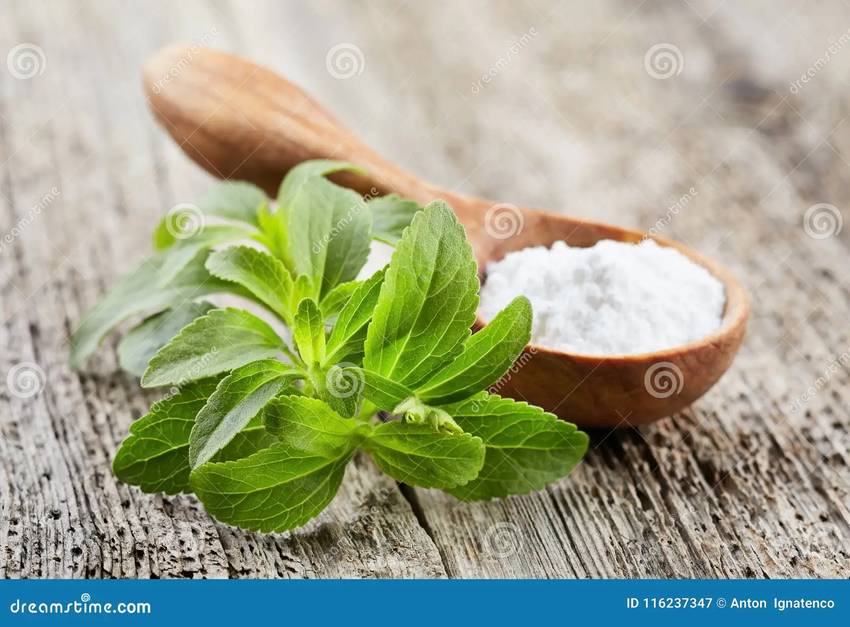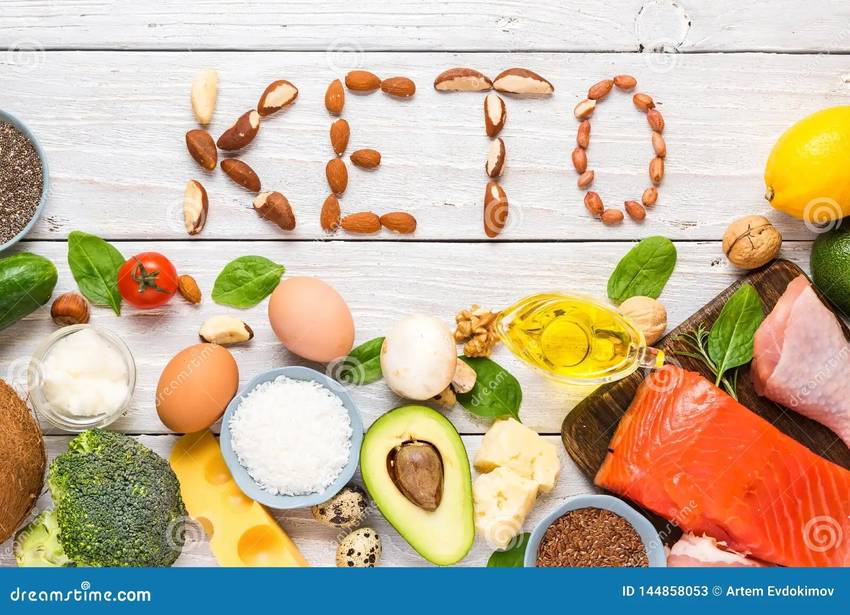Gut microbe series 3: Faecalibacterium prausnitzii
Apr
6
The first two of the “gut microbe series are well known relative to the other top 10. Though “Number 3, Faecalibacterium prausnitzii,” is a lesser known bacteria in our gut, it plays an important role in maintaining a healthy gut.
Faecalibacterium prausnitzii produces butyrate, a short-chain fatty acid (SCFA) that nourishes the cells lining the colon and has anti-inflammatory properties.
Overall, SCFAs play a critical role in protecting the colon by maintaining barrier function, reducing inflammation, providing energy, and regulating immune function. Faecalibacterium prausnitzii primarily produce butyrate, although it can also produce small amounts of acetate and formate. Butyrate is the main short-chain fatty acid it produces.
Short-chain fatty acids (SCFAs), such as butyrate, acetate, and propionate, play a crucial role in protecting the colon in several ways:
Maintaining Gut Barrier Integrity: SCFAs help to strengthen the intestinal barrier, which prevents harmful substances from entering the bloodstream and reduces the risk of inflammation and infection.
Anti-inflammatory Effects: Butyrate, in particular, has potent anti-inflammatory properties. It helps to reduce inflammation in the colon, which is important for conditions like inflammatory bowel disease (IBD).
Providing Energy: SCFAs serve as an energy source for the cells lining the colon. This helps to maintain the health and function of these cells, contributing to overall gut health.
Regulating Immune Function: SCFAs can modulate the activity of immune cells in the gut, helping to maintain immune homeostasis and prevent excessive immune responses that can lead to inflammation and tissue damage.
Regulating Immune Function: SCFAs can modulate the activity of immune cells in the gut, helping to maintain immune homeostasis and prevent excessive immune responses that can lead to inflammation and tissue damage.
Because faecalibacterium prausnitzii naturally inhabits the human gut it cannot be found in specific foods or herbs. While Faecalibacterium prausnitzii may not be directly present in foods, consuming probiotic-rich foods can contribute to overall gut health. You can promote the growth of this beneficial bacterium by consuming the following:
Dietary Fiber: Foods rich in dietary fiber, such as fruits, vegetables, whole grains, legumes, and nuts.
Prebiotics: Certain types of fiber, known as prebiotics, include inulin, found in chicory root, garlic, onions, and leeks, and oligosaccharides found in foods like legumes.
Polyphenol-rich Foods: Polyphenols, found in foods like berries, cocoa, green tea, and red wine.
Fermented Foods: Foods like yogurt, kefir, sauerkraut, kimchi, and kombucha contain probiotics.
While specific foods can support the growth of Faecalibacterium prausnitzii indirectly, maintaining a diverse and balanced diet that includes plenty of fiber-rich foods, prebiotics, and polyphenols is key to promoting the growth of beneficial gut bacteria, such as Faecalibacterium prausnitzii.
Fermented Foods: Foods like yogurt, kefir, sauerkraut, kimchi, and kombucha contain probiotics.
While specific foods can support the growth of Faecalibacterium prausnitzii indirectly, maintaining a diverse and balanced diet that includes plenty of fiber-rich foods, prebiotics, and polyphenols is key to promoting the growth of beneficial gut bacteria, such as Faecalibacterium prausnitzii.


